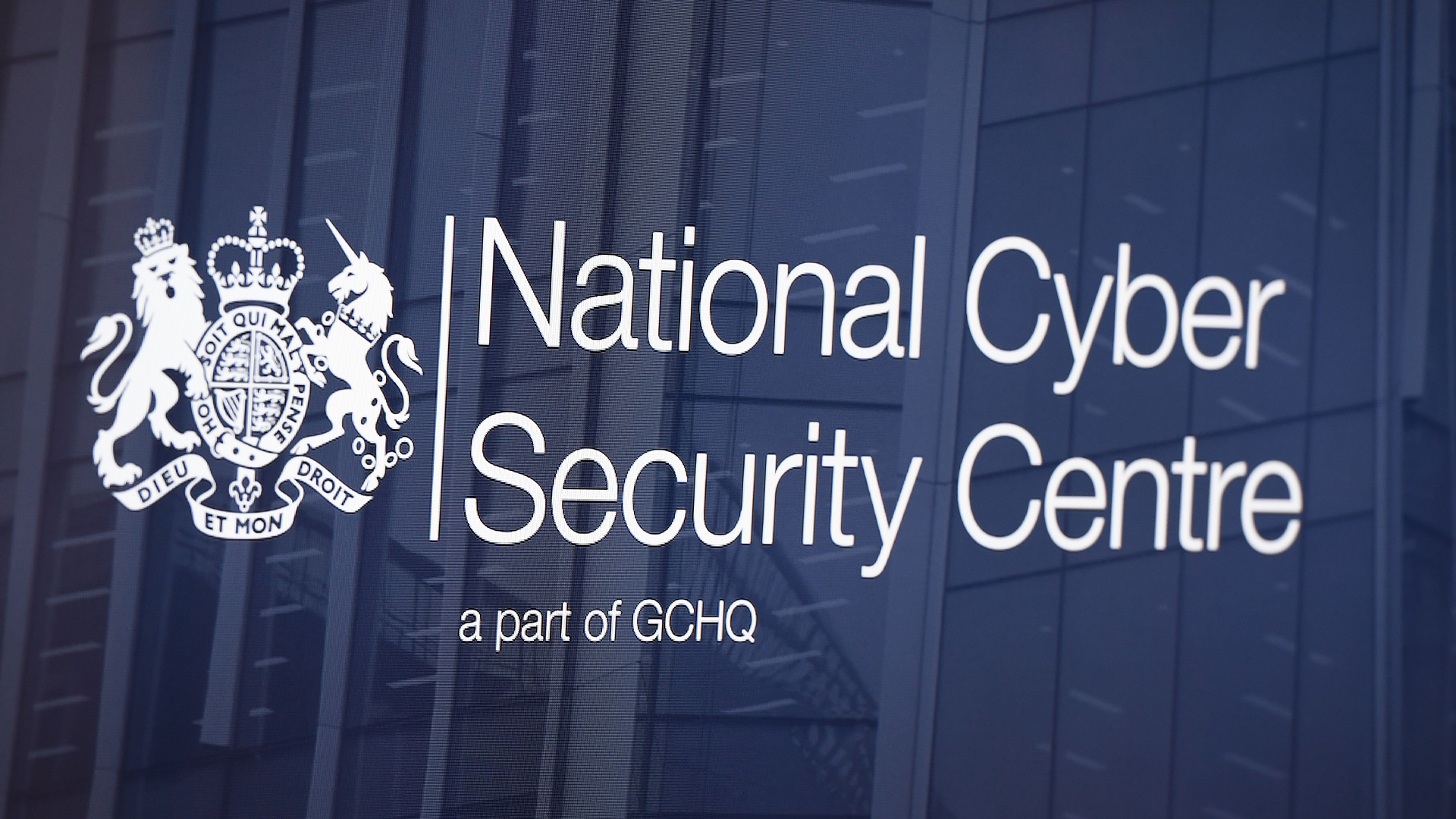New hires are your weakest link when it comes to phishing attacks – here's how you can build a strong security culture that doesn't judge victims
Robust cybersecurity policies only go so far – creating an open, judgement-free culture is crucial for resilience


New hires are far more likely to fall victim to phishing attacks, according to a recent study, highlighting the need for more robust security training during onboarding.
Figures from Keepnet’s 2025 New Hires Phishing Susceptibility Report show new team members are 44% more likely to click on malicious links compared to more seasoned colleagues.
Indeed, the study noted that nearly three-quarters (71%) of new hires are duped by phishing scams or social engineering techniques within the first three months on the job.
30% off Keeper Security's Business Starter and Business plans
Keeper Security is trusted and valued by thousands of businesses and millions of employees. Why not join them and protect your most important assets while taking advantage of this special offer?
“New hires pose a high cybersecurity risk during onboarding due to their lack of familiarity with cybersecurity processes and limited cybersecurity training, increasing their phishing susceptibility to social engineering attacks,” the study warned.
Among the most common attack types encountered by new hires were CEO impersonation, according to Keepnet, with threat actors specifically targeting inexperienced staff through this method.
The firm noted that in these instances, new hires typically receive an “urgent email” from a sender impersonating the chief executive requesting they transfer money or divulge sensitive information.
“They may comply without question because they are unfamiliar with international communications norms,” the study noted.
Sign up today and you will receive a free copy of our Future Focus 2025 report - the leading guidance on AI, cybersecurity and other IT challenges as per 700+ senior executives
These particular types of attacks had a far higher success rate among new hires compared to experienced colleagues.
Elsewhere, vendor invoicing scams are another common tactic employed against inexperienced members of staff. These once again include requests for payment, except from what appears to be a recognized vendor.
“New hires in finance or procurement roles who are unfamiliar with standard vendor interactions might approve such payments,” the study warned.
Security awareness training is critical
The risks faced by new employees, and by default their employers, highlights the need for more robust training during the onboarding process, experts told ITPro.
Greg Crowley, CISO at eSentire, noted that training “needs to start from day one”.
“Security awareness should be a core part of onboarding, not an afterthought or something we expect employees to ‘catch up on’ later,” he explained.
Crowley added that the onboarding process at eSentire focuses heavily on running new hires through the threats they face, as well as company-specific tools and policies.
In doing so, they become far more comfortable reporting issues and navigating their early days at the company.
“Employers need to let them know that it is very common for new hires, just like them, to be targeted by threat actors,” he explained.
“Tell them specific things to watch out for, such as unexpected text messages claiming to be the CEO or someone senior in the company asking for a favor.”
Crucially, security awareness training should be “ongoing and engaging” and not a one-time affair, Crowley said.
“People forget, threats evolve, and attackers get smarter,” he said. “So we ensure that there is recurring security training, we push simulated phishing campaigns, and communicate timely, real-world threats to the company with reminders on what to look out for and how to report.”
Masha Sedova, VP, Human Risk Strategy at Mimecast, echoed Crowley’s comments on continuous training strategies - which is a practice she noted often falls flat at enterprises.
“These findings point to a broader issue with how many organizations approach cybersecurity training,” Sedova said. “For years, awareness efforts have relied on annual modules and phishing simulations that create a false sense of progress.”
“They often treat all employees the same, regardless of role, exposure or previous behavior and that one-size-fits-all approach rarely delivers lasting impact,” Sedova added.
“Training completion rates may tick the compliance box, but they don’t reflect whether employees are actually making better decisions in the moments that matter.”
Keepnet advised organizations to implement dedicated security behavior and culture programs for onboarding processes in order to protect new hires. These, the company noted, can reduce risks by up to 30%, at least according to its own offering on this front.
However, Crowley said that senior employees play an equally important role in helping new hires. This, he told ITPro, is “one of the most underused resources in any organization.”.
“The influence they have is huge. When senior team members model good security habits — like using password managers, reporting phishing attempts, or being cautious about links — others notice and follow,” he said.
“Especially for new hires, it's not just the training they remember; it's how their manager or team lead handles this stuff in practice.”
In fostering a culture of collaboration between new hires and senior staff, Crowley said this helps alleviate the pressure placed on the latter and reduces the “fear of messing up”.
“We want people to report issues immediately, and seasoned employees who are comfortable saying, ‘hey, I once clicked something bad too — just report it quickly’ help create that psychological safety,” Crowley explained.
“That culture matters more than any tech control you can put in place.”
Make sure to follow ITPro on Google News to keep tabs on all our latest news, analysis, and reviews.
MORE FROM ITPRO

Ross Kelly is ITPro's News & Analysis Editor, responsible for leading the brand's news output and in-depth reporting on the latest stories from across the business technology landscape. Ross was previously a Staff Writer, during which time he developed a keen interest in cyber security, business leadership, and emerging technologies.
He graduated from Edinburgh Napier University in 2016 with a BA (Hons) in Journalism, and joined ITPro in 2022 after four years working in technology conference research.
For news pitches, you can contact Ross at ross.kelly@futurenet.com, or on Twitter and LinkedIn.
-
 What is Microsoft Maia?
What is Microsoft Maia?Explainer Microsoft's in-house chip is planned to a core aspect of Microsoft Copilot and future Azure AI offerings
-
 If Satya Nadella wants us to take AI seriously, let’s forget about mass adoption and start with a return on investment for those already using it
If Satya Nadella wants us to take AI seriously, let’s forget about mass adoption and start with a return on investment for those already using itOpinion If Satya Nadella wants us to take AI seriously, let's start with ROI for businesses
-
 Microsoft warns of rising AitM phishing attacks on energy sector
Microsoft warns of rising AitM phishing attacks on energy sectorNews The campaign abused SharePoint file sharing services to deliver phishing payloads and altered inbox rules to maintain persistence
-
 90% of companies are woefully unprepared for quantum security threats – analysts say they need to get a move on
90% of companies are woefully unprepared for quantum security threats – analysts say they need to get a move onNews Quantum security threats are coming, but a Bain & Company survey shows systems aren't yet in place to prevent widespread chaos
-
 LastPass issues alert as customers targeted in new phishing campaign
LastPass issues alert as customers targeted in new phishing campaignNews LastPass has urged customers to be on the alert for phishing emails amidst an ongoing scam campaign that encourages users to backup vaults.
-
 NCSC names and shames pro-Russia hacktivist group amid escalating DDoS attacks on UK public services
NCSC names and shames pro-Russia hacktivist group amid escalating DDoS attacks on UK public servicesNews Russia-linked hacktivists are increasingly trying to cause chaos for UK organizations
-
 An AWS CodeBuild vulnerability could’ve caused supply chain chaos – luckily a fix was applied before disaster struck
An AWS CodeBuild vulnerability could’ve caused supply chain chaos – luckily a fix was applied before disaster struckNews A single misconfiguration could have allowed attackers to inject malicious code to launch a platform-wide compromise
-
 There’s a dangerous new ransomware variant on the block – and cyber experts warn it’s flying under the radar
There’s a dangerous new ransomware variant on the block – and cyber experts warn it’s flying under the radarNews The new DeadLock ransomware family is taking off in the wild, researchers warn
-
 Supply chain and AI security in the spotlight for cyber leaders in 2026
Supply chain and AI security in the spotlight for cyber leaders in 2026News Organizations are sharpening their focus on supply chain security and shoring up AI systems
-
 Veeam patches Backup & Replication vulnerabilities, urges users to update
Veeam patches Backup & Replication vulnerabilities, urges users to updateNews The vulnerabilities affect Veeam Backup & Replication 13.0.1.180 and all earlier version 13 builds – but not previous versions.
